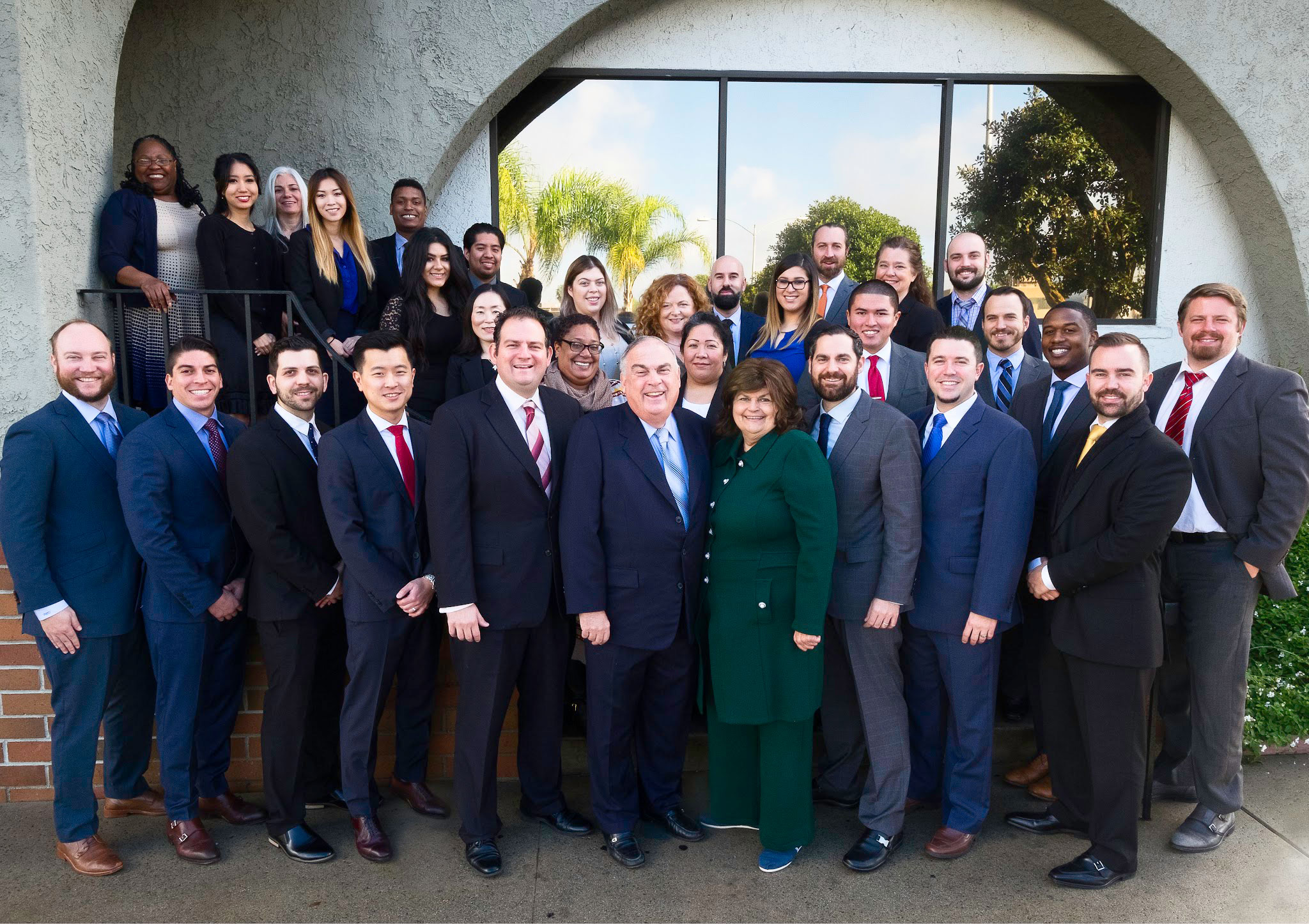In the US, there are a number of professionals who can help you make sense of the US tax code: CPAs, accountants, and tax preparers. The difference in titles is there for a good reason as they have different level of competencies and qualifications. If you own a small business requiring an uncomplicated tax return, the aid of a tax preparer may be enough. But if you’re looking for someone to assist you in other matters apart from preparing tax returns, you will need someone with a higher set of qualifications.
So which one do you need? We breakdown each profession below to help you decide.
Tax preparers (EA)
A tax preparer is actually a general term; he or she may or may not be an accountant. The thing all tax preparers have in common is that all of them are professionals qualified to calculate and file income tax returns of individuals and businesses. A CPA can be a tax preparer and so can individuals working for tax preparation pop-ups and companies you see in malls.
An enrolled agent is also qualified tax preparer. In fact, an enrolled agent status is the highest credential given by the IRS, because it is recognized in every US state. The difference between an enrolled agent and a pop-up is vast: the former is trained and federally licensed to represent their clients to the IRS in cases of collections, audits, and appeals. While lawyers and CPAs may choose not to specialize in taxes, enrolled agents are solely focused on taxes.
Accountants and CPAs
Accountants record and report financial transactions. They can hold general bookkeeping and accounting jobs for the finance departments of private firms and public institutions without an accounting-related degree. They can take care of tax-related matters, but that will depend on their level of knowledge with regard to taxation.
While all CPAs are accountants, not all accountants are CPAs. A CPA is an accountant who has passed the licensing requirements of a US state. Becoming a CPA requires more than just knowing accounting principles; the minimum requirements include passing the Uniform Certified Public Accountant Examination, 150 hours of college education, and a year of related activities.
You might need a CPA is your tax situation is more complex than the average filing of returns. For instance, if you are a high net-worth individual in the middle of a divorce, a CPA will be able to advise your better than an accountant or a tax preparer regarding the laws that apply to your situation. If you’re running a business, it is a good idea to have a CPA on your side to help you come up with a long-term tax plan.
Tax attorneys
Both CPAs, EAs and tax attorneys can represent you before issues with the IRS, but the latter is the better choice if you’re in trouble with authorities. The main difference is focus: while the work of the CPA centers on auditing, accounting, and the preparation of tax documents, lawyers are expected to provide legal advice and represent their clients during litigation.
Do you need a tax lawyer? If you don’t owe the government thousands in back taxes, you don’t. But if your tax issues have reached a point where you’re facing liens and levies, it is time to hire someone who can professionally dispute your case with the IRS.

